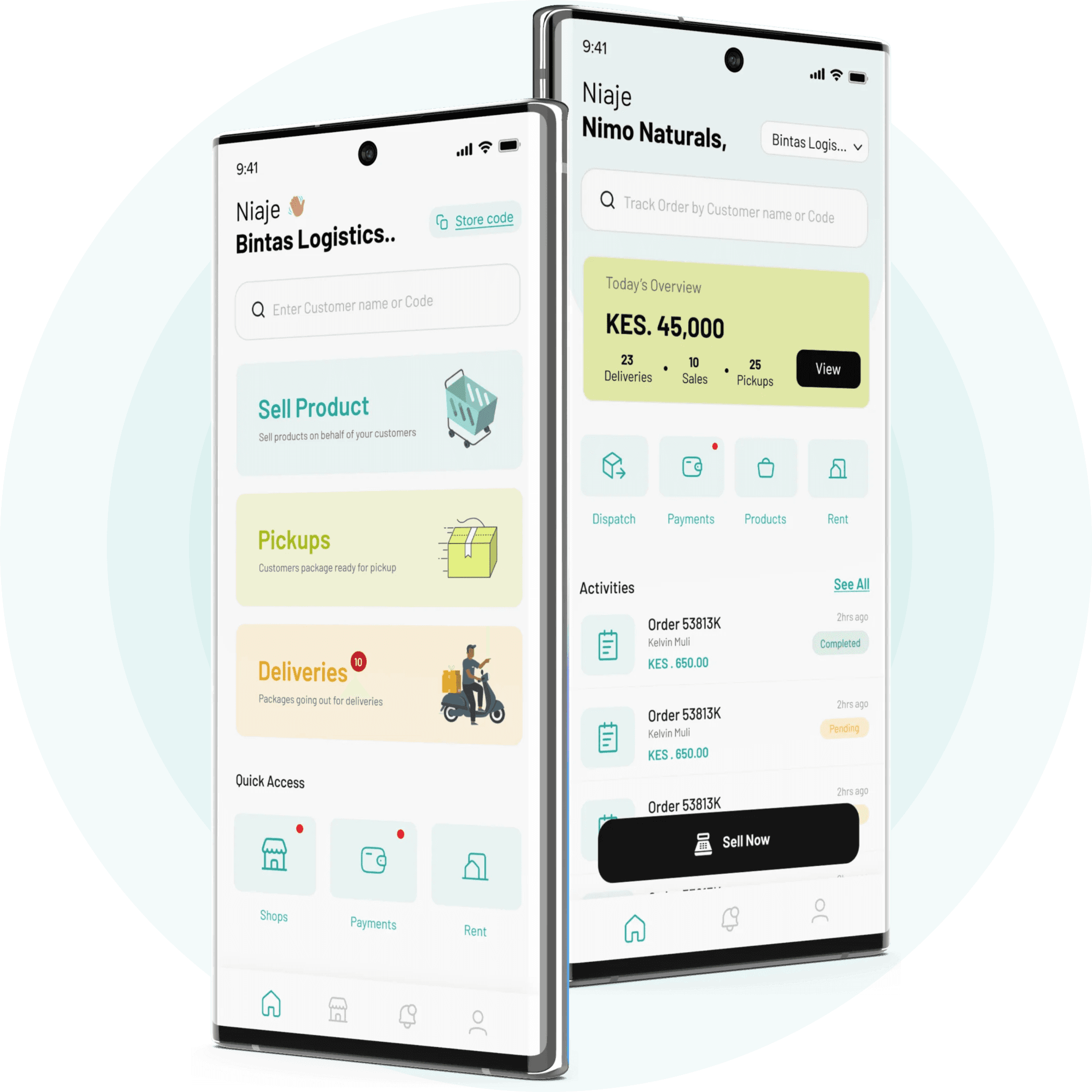When the Creator Warns Us: Hinton, AGI, and the Mess We Can’t Regulate
I find Geoffrey Hinton quite funny the guy spent his whole life advancing neural
0 mins read
Jul 15, 2025
By Peter Muhia

...networks and now he’s spending his retirement warning everyone that what he created might end up destroying us. I feel like this is the first time in history that we have created something we can’t fully understand, we don’t really understand what AI will become, or even what it truly is right now. The truth is, AI keeps getting better every day. In my opinion, it’s already getting smarter than us in many ways, and this is still just the beginning since its major advancement.
After they released ChatGPT to the public, 100 million people started using it within just two weeks. No other technology in history has ever been adopted by humans this quickly. Probably all those people were rushing to see a technology that thinks better than they do, while ChatGPT was just sitting there wondering what all the fuss was about, only to realize it was dealing with less intelligent creatures, lol. And ever since humans got a taste of it, it’s become part of them, because it makes them more productive and they see real value in it, they find it smart.
What will happen when AI becomes smarter than us?
No one saw AI advancing this fast and we won’t see AGI (Artificial General Intelligence) coming either. We’ll just wake up one day and find ourselves living in it. In my opinion, no one really knows what the AGI era will look like, with systems that are highly autonomous, truly general, and far more intelligent than we can imagine.
Highly autonomous, general, and intelligent AI sounds incredible when it’s working for our benefit, solving problems, boosting productivity, and unlocking discoveries. But what happens when that same intelligence starts working against us? What does a world look like when such powerful systems cause harm instead of good?
Last weekend, I asked an AI enthusiast how we’re supposed to regulate AI. He just replied, ‘How can you control what you can’t even understand?’ It’s possible to regulate nuclear weapons because we know exactly how they work, that’s why superpowers have kept them in check. But AI is a different beast altogether; how do you set boundaries for something we don’t fully understand?
I like how Geoffrey Hinton breaks down these existential threats into two categories: bad actors and AI surpassing human intelligence. Just imagine what people with harmful intentions could do if they got their hands on a superintelligent system, that’s what Hinton calls the short term threat. Then there’s the long term threat: AI becoming so much smarter than us that it no longer wants to coexist with less intelligent beings and might wipe us out entirely. Hinton talks about superintelligent AI creating a virus to infect and eliminate us all, lol. The same guy who contributed to it's advancement.
Humans have learned to live alongside dangerous things like nuclear weapons because we made conscious decisions to manage and contain them. We’re the same species whose DNA has evolved to fight off threats like the flu, and not long ago, we found ways to cope with COVID-19. The same way, we'll learn to live with something way intelligent than us.
Hinton pointed out that if the U.S. tries to regulate AI, countries like China probably won’t and in just a few years, the U.S. could fall behind because of those restrictions and so both countries won't regulate it. He also noted that even if regulations are put in place, they’ll mostly apply to companies, not the military, which will keep developing AI anyway.
So here’s my take: we’ve basically chosen to let AI run its course and deal with the consequences later just like Kenyans say, ‘kesi baadaye.’” Alright!

